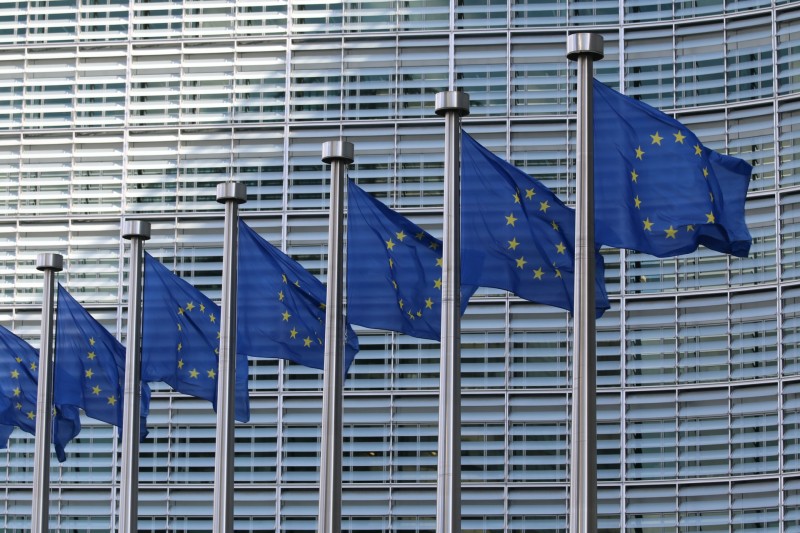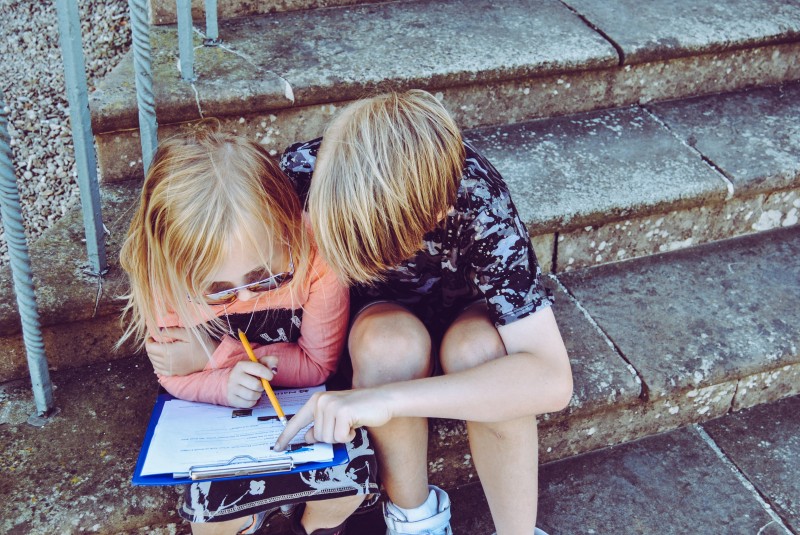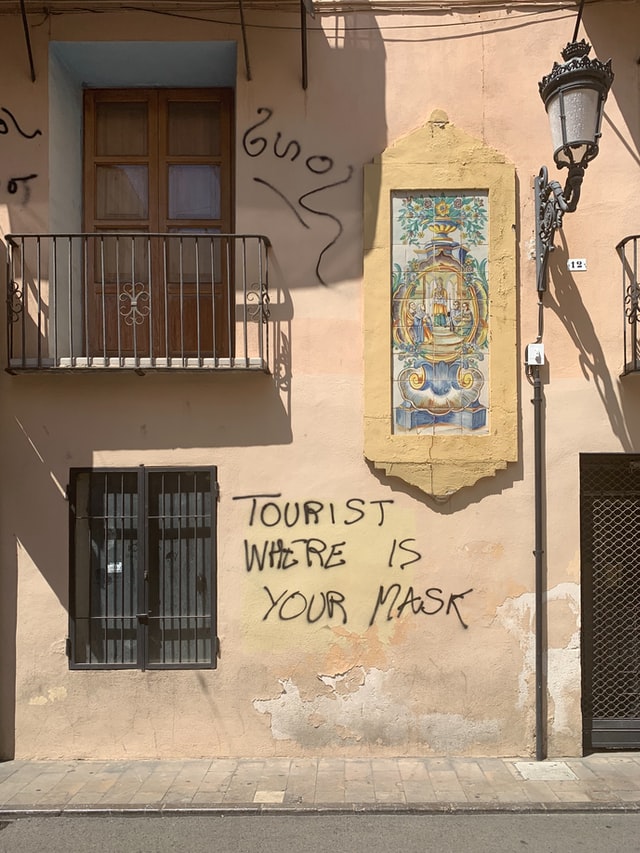The European Solidarity Corps: a project of life
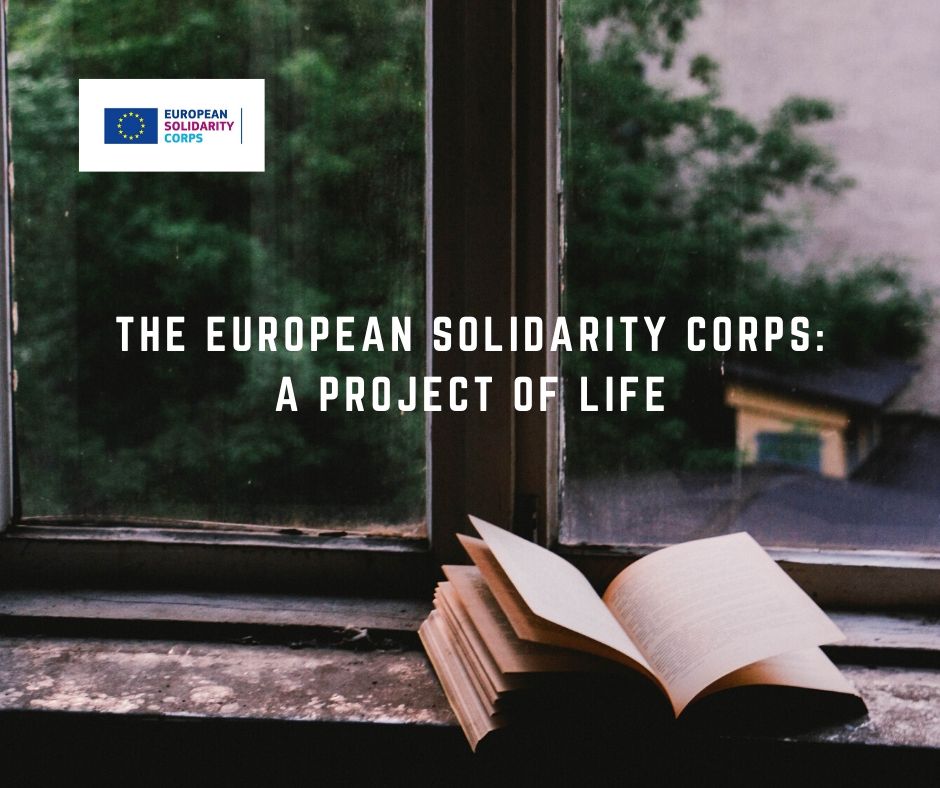
“We need to invest in our young people. I cannot and will not accept that Europe is and remains the continent of youth unemployment. I cannot and will not accept that the millennials, Generation Y, might be the first generation in 70 years to be poorer than their parents. […] Solidarity is the glue that keeps our Union together. The word solidarity appears 16 times in the Treaties, which all our Member States agreed and ratified. […]. In the same spirit, the Commission is proposing today to set up a European Solidarity Corps. […] I want this European Solidarity Corps up and running by the end of the year.
And by 2020, to see the first 100,000 young Europeans taking part.”
(State of the Union speech 2016 - Jean Claude Juncker)
.jpg)
The European Solidarity Corps (ESC) was created in order to be both a continuation and an extension of the “European Voluntary Service”, the EU-funded volunteering program that has marked the lives of hundreds of thousands of young Europeans throughout the last 25 years. The ESC is an initiative that was developed between 2014-2016 thanks to a proposal made by Matteo Renzi 5 years ago for the creation of a “European civil service”. Nevertheless, the initiative was presented officially by our former President of the European Commission, Jean Claude Juncker, in his State of the Union 2016.
The following article will be divided in three parts:
- A brief summary on the ESC actions;
- Some questions and answers;
- My experience in Spain;
You can skip the order, should you be interested more in reading one or another part.
A brief summary on the ESC actions
The ESC is the new European volunteering program funded by the EU. Secondly, it aims at replacing and improving the previous EVS. Finally, it is not part of the funds allocated to the Erasmus+ program (on the contrary, it has a separate funding mechanism managed by the European Commission) and essentially foresees three types of actions: 1) Volunteering; 2) Traineeships & jobs; 3) Solidarity projects.
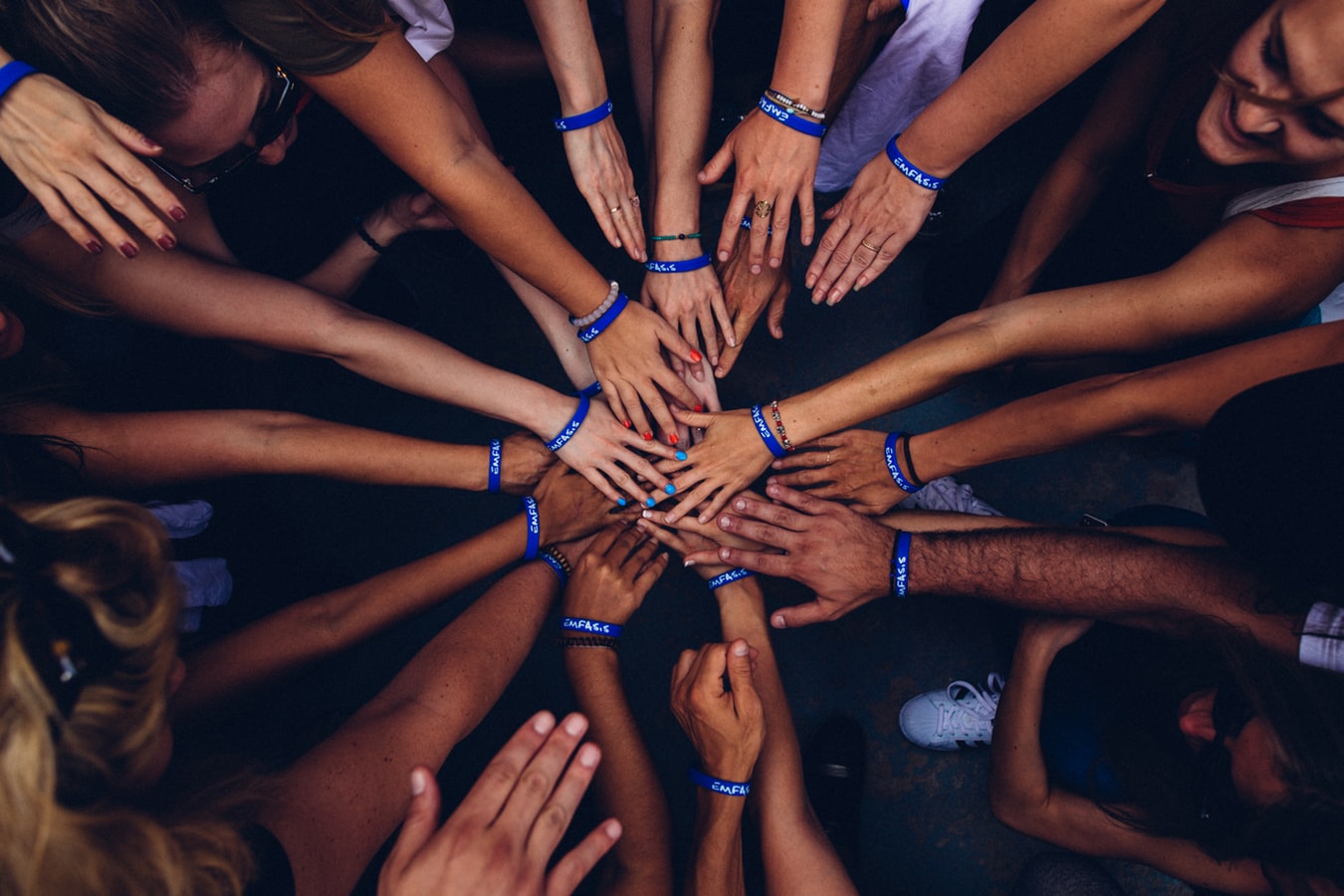
Volunteering (first ESC action)
It is possible to participate only once to each of the actions provided by the ESC. Volunteering is the most successful and effective one of this programme. Unfortunately, due to the recent official implementation of the initiative, the second and third action need more time to be truly effective and still need to be improved. Furthermore, young people are more interested in European volunteering projects. This occurs because more and more young people are understanding that this programme can be a perfect way to reach a good balance between their working career and personal development. “Volunteering is a solidarity activity that takes the form of a full-time (at least 30 and not more than 38 hours per week) voluntary unpaid activity for a period of up to 12 months”. The supported activities can be:
- Individual volunteering (from 2 to 12 months), based on solidarity activities. Moreover, the individual volunteering can take place in the same country as the country of residence (“in-country”) or in a country different from the country of residence (“cross-border”);
- Volunteering teams, namely “solidarity activities that allow teams of 10 to 40 participants coming from at least two different countries to volunteer together for a period between 2 weeks and 2 months”.
What kind of volunteering projects?
- Volunteering projects - the most common form of projects that allows interested organizations to get a grant to carry out their volunteering activities.
- Volunteer partnerships - launched to allow youth organizations with proven experience in volunteering to develop long-term projects on the basis of a stable contractual agreement with the EU, or a three-year Framework Partnership Agreement.
- Voluntary Groups in high-priority areas - projects focused on fields that are identified annually at EU level. We talk about several priorities, such as: 1) the European cultural heritage; 2) social inclusion of people with fewer opportunities; 3) response to environmental and climatic challenges, including disaster prevention, preparedness and reconstruction (excluding immediate response to disasters).
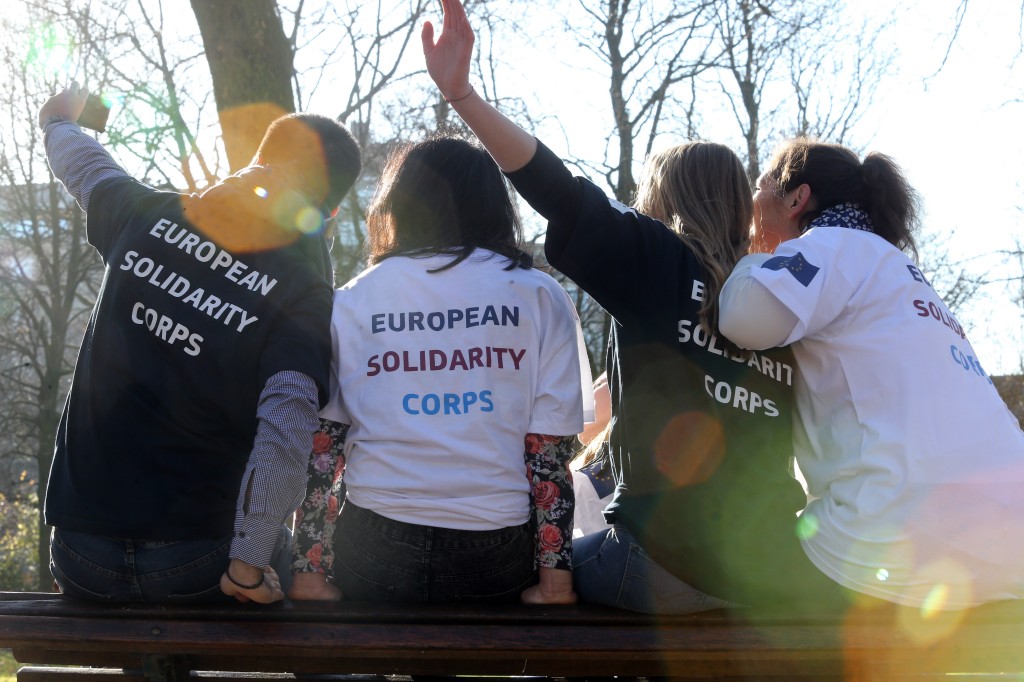
Traineeships and Jobs (second ESC action)
The traineeship consists of a period of full-time working activity, from two to six months and it is paid by the organization that employs the young participant in the European Solidarity Corps. The traineeship is renewable only once for an overall duration of 12 months within the same organization. It must include a learning and training component and should be based on a written contract signed at the beginning of the traineeship, in accordance with the legislation of the country of destination. The section dedicated to “jobs” refers to full-time solidarity activities, for a period of 3 to 12 months. The latter are paid by the organization that employs the participant in the European Solidarity Corps. It must include a learning and training component and be based on a definite employment contract or the legislation of the hosting country. Traineeships and Jobs can take place both in the country of residence of the young participant in the European Solidarity Corps and in a country other than that of residence.
Solidarity projects (third ESC action)
We refer to projects developed and implemented by groups of at least five young European Solidarity Corps participants who aim at facing the main problems and challenges of their local community. These projects can last from two to 12 months and must take place in the country of residence of the participants. In addition to the local impact, a solidarity project should also include a clear European benefit and address priorities clearly identified at European level.
Some questions and answers
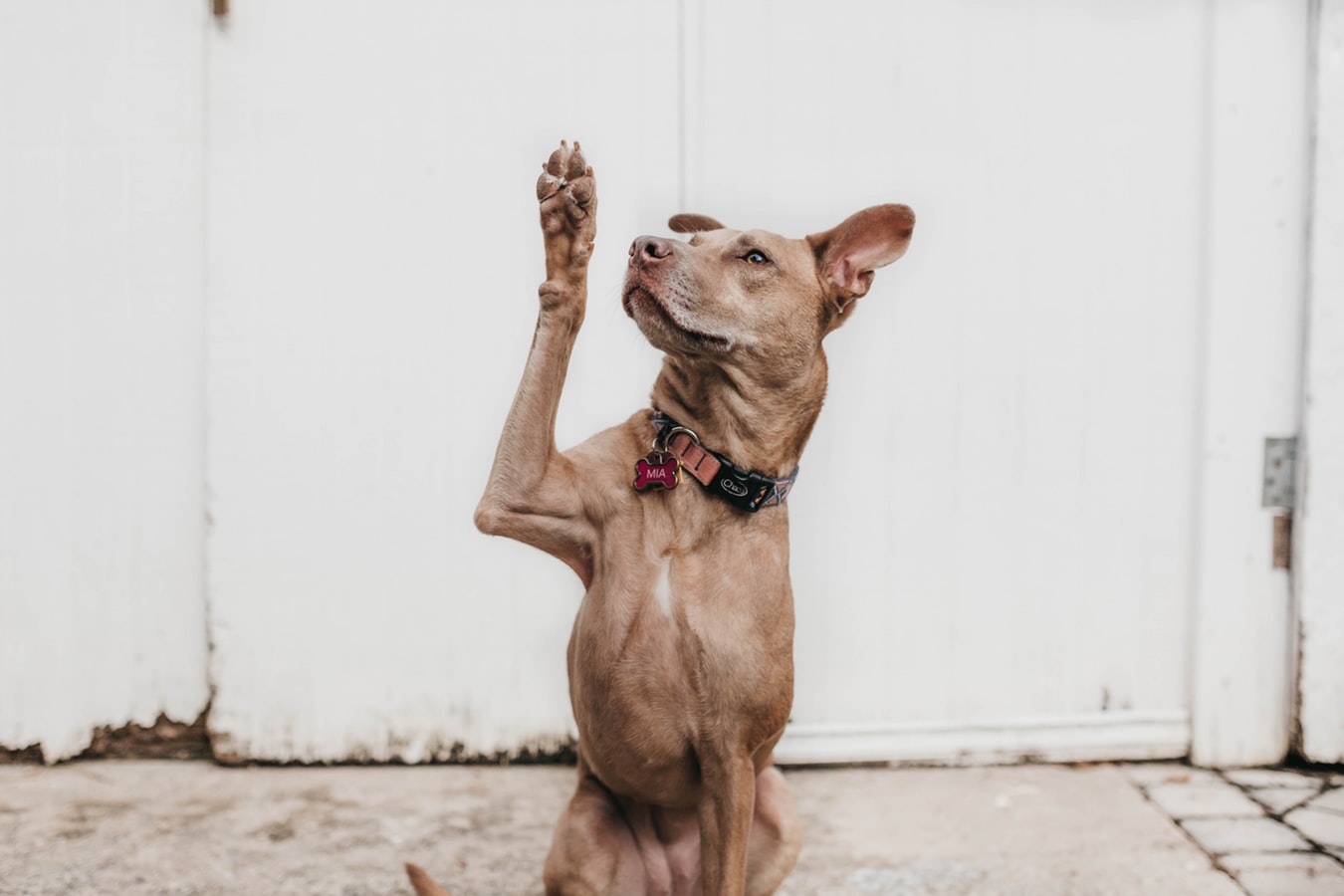
Who can participate in the ESC? Can I participate only once?
The ESC is a program intended for people between 18-30 years old. To participate, you must register on the European Solidarity Corps Portal. Then, a learning agreement between a “hosting organization” (where the project takes place), the “supporting organization” (which sends the volunteer abroad) and the volunteer should be signed. You can take part to two volunteering programs, provided that both the first is a two-month and the second a ten-month project, otherwise you can volunteer only once. Indeed, it is advisable to participate in long-term projects abroad (6-12 months) to fully enjoy the experience. Further, you can find projects focused on several working areas: project management, communication, event planning, social media, environment, marketing, education, fundraising, social services, ecology and much more. The high number of volunteering programmes allow people of different background to find the project tailored for their needs and interests, ensuring that no one feels excluded.
Can only European citizens participate? Is the ESC a remunerated volunteering?
People between 18-30 who do not have European citizenship but are legal residents in one of the EU member states can participate in volunteering projects. This volunteering program is widely considered an “unpaid volunteering”. Nevertheless, the volunteers can benefit from several financial aids, which help them to live and work at the same time. Indeed, all the main costs are fully covered for the whole duration of the volunteering activity by the hosting organization. Indeed, once the ESC volunteering project is officially approved by the European Commission, the hosting organization receive the grants with which it can cover the following expenses: 1) accommodation; 2) food; 3) transport; 4) health insurance; 5) a monthly pocket money; 6) return flights; 7) language courses; 8) Youth Pass certificate; 9) two cumulative holiday days per month; 10) Two days off and max 38 working hours per week . Therefore, in a sense, the ESC can be considered as a sort of “remunerated volunteering”.
My experience in Spain
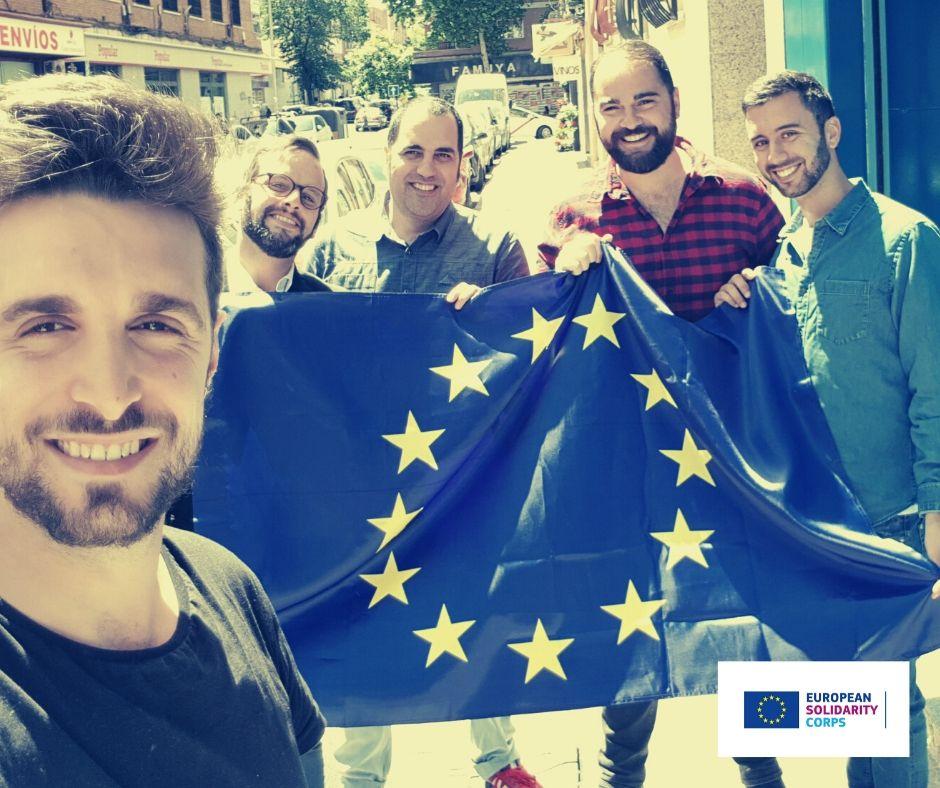
I was one of the privileged young people to be among the first volunteers to join this new EU initiative, which officially started between 2018 and 2019. Just over a year ago, I was selected by a youth organization operating in Madrid called “Asociación Building Bridges, - Yes Europa”. The NGO here mentioned offered a European volunteering program in the field of EU project management and digital communication. I took part to a one-year European volunteering project (September 2018-2019), which allowed me to elevate the European dimension of my CV and to develop highly qualifying professional skills. Furthermore, the excellent economic benefits – there are more funds for all the volunteers involved – allowed me to deal with the delicate moment of transition related to the postgraduate period, thus providing me with the opportunity to look inward and grow on the human level.
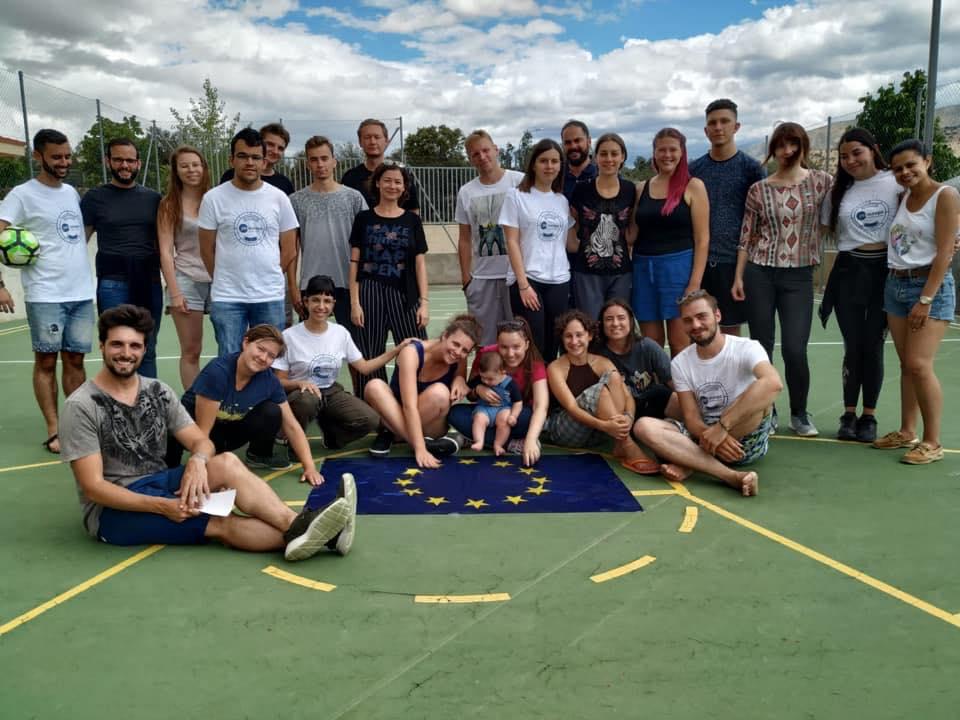
The impact received from this experience is almost indescribable. In one year, I discovered the world of digital marketing, social media promotion and EU project management. I was able to ideate, write, manage and implement several EU projects under many EU funded programmes, in particular a KA105 training course on how to become an EU project manager for Erasmus+ projects. Further, I had the privilege of interviewing EU officials from the European Parliament and the EU Commission, forging valuable relationships. Then, I could work as a community manager for social media marketing and business and I had the unique chance to co-found a web radio to develop radio show skills and promote opportunities for youth. Finally, I worked as a cultural mediator and social worker with children at risk of social exclusion from Latin America, North Africa and the Middle East for the foundation “Acción Social por la Música”, listening to many stories which impacted me probably as never before.
In other words, I learned to live in the world with humility and ambition, but without forgetting the importance of treasuring the little things that we rarely notice in our daily life, but that are its essential part.
Author: Leonardo Brambilla
BIBLIOGRAPHY
Brambilla Leonardo , Trabajos Erasmus - libertad, descubrimiento y aventura , https://www.yeseuropa.org/trabajos-erasmus-libertad-descubrimiento-y-aventura/
Corpo europeo di Solidarietà - Guida 2019, https://www.portaledeigiovani.it/printpdf/pdf/scheda/corpo-europeo-di-solidarieta-guida-2019
Guía Cuerpo Europeo Solidaridad, https://www.yeseuropa.org/guia-cuerpo-europeo-solidaridad/
UE, nasce il Corpo europeo di solidarietà, http://www.lavoro.gov.it/stampa-e-media/Comunicati/Pagine/UE-nasce-Corpo-europeo-di-solidarieta-Luigi-Bobba-finalmente-l-Europa-riscopre-il-suo-cuore-giovane.aspx
Image Credits
- book near glass window by John-Mark Smith (Unsplash license)
- Debate with Jean-Claude Juncker: #EuranetPlusSummit2019 by euranet_plus (CC BY-SA 2.0)
- group of people huddling by Perry Grone (Unsplash license)
- ESC Volunteers EC by Audiovisual Service - European Commission (CC BY-SA 4.0)
- short-coated brown dog by Camylla Battani (Unsplash license)
- “Yes Europa, Madrid” and “Project Management for Young Europeans (FOYER), Erasmus Plus project KA105” by Leonardo Brambilla
